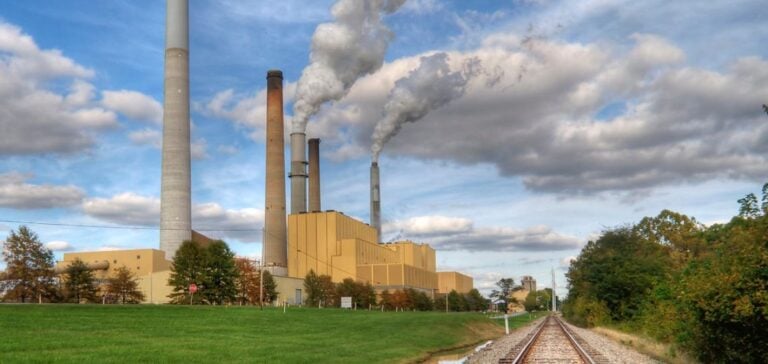U.S. utility PPL Corporation has announced the expansion of its nuclear feasibility study to the Ghent coal-fired power plant site in Kentucky. This initiative aims to explore additional locations and potential partnerships to support the development of nuclear power in the state.
Project contextualization
The Ghent plant is a four-unit, coal-fired facility with a combined net capacity of 1919 MW, scheduled for phased decommissioning. The plant is located close to a number of electricity-consuming industrial companies, which could represent potential customers for the process heat generated by the nuclear reactors. PPL owns around 2,300 acres of land around the Ghent site, offering significant development potential.
Partnership with GAIN and X-energy
The previous study, funded by a grant from the Department of Energy’s (DOE) Gateway for Accelerated Innovation in Nuclear (GAIN) program, concluded that the Ghent site is suitable for a small modular reactor (SMR). However, size constraints have been identified for the installation of larger conventional reactors. PPL plans to collaborate again with GAIN and nuclear engineering company X-energy for the next phase of the evaluation.
Technical features and opportunities
X-energy offers its Xe-100 advanced reactor model, a Generation IV reactor design based on decades of research and operation of high-temperature reactors. This reactor, designed to operate as a 320 MW power plant or to be modulated into 80 MW units, is designed to provide reliable, adaptable energy to complement renewable sources. The Xe-100, producing 200 MW of steam at 565°C, is also suitable for other industrial applications, such as mining and heavy industry.
Objectives of the Second Phase
Phase two of the study aims to explore alternative locations and industry partnerships that would enable energy-intensive customers, including manufacturers and data centers, to maintain the reliability and affordability of their energy supply. According to Vincent Sorgi, President and CEO of PPL, nuclear energy represents a potential solution for meeting customer needs while supporting industrial growth. PPL’s expansion of the nuclear feasibility study to the Ghent site and beyond demonstrates a strategic commitment to the diversification of energy production. Working with technical partners such as GAIN and X-energy, PPL is rigorously evaluating the options available for integrating modular nuclear reactors into their energy mix, thereby meeting the growing demands of the energy market.






















